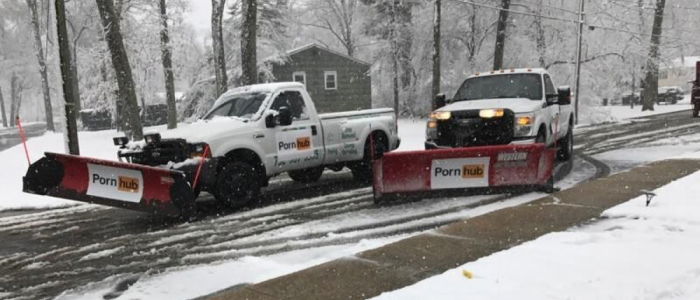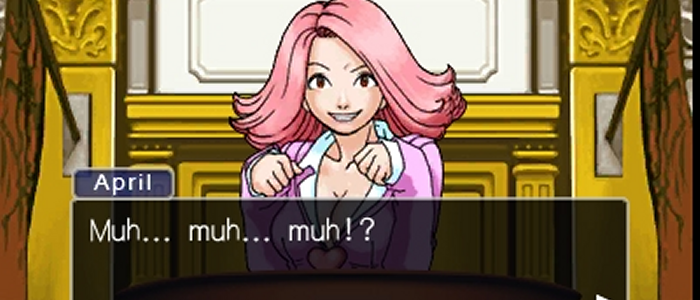Public goods
As any fule kno, the problem with us stupid libertarian ideologues is that we refuse to accept that there are certain things out there that people need, but that simply cannot be provided on the free market. The big one, of course, is roads — regardless of what clueless rubes say, there’s no possible way that free men acting on their own could figure out how to get a stretch of relatively flat, clear ground between you and Wal-mart. Also, can you even imagine a way that mail could be delivered without government? Impossible! Public safety is another one; who has more of the knowledge and incentive necessary to keep your neighborhood safe: your neighbors, or faceless bureaucrats in Washington D.C.? It’s the bureaucrats all the way, of course.
Put those three things together and you have an obvious no-brainer. Who can keep the roads safe so the government mail can get delivered? Only the government, obviously. It’s too large, too expensive, and too complex an endeavor for anybody else to manage. Well, anybody else except for PornHub, anyhow.


